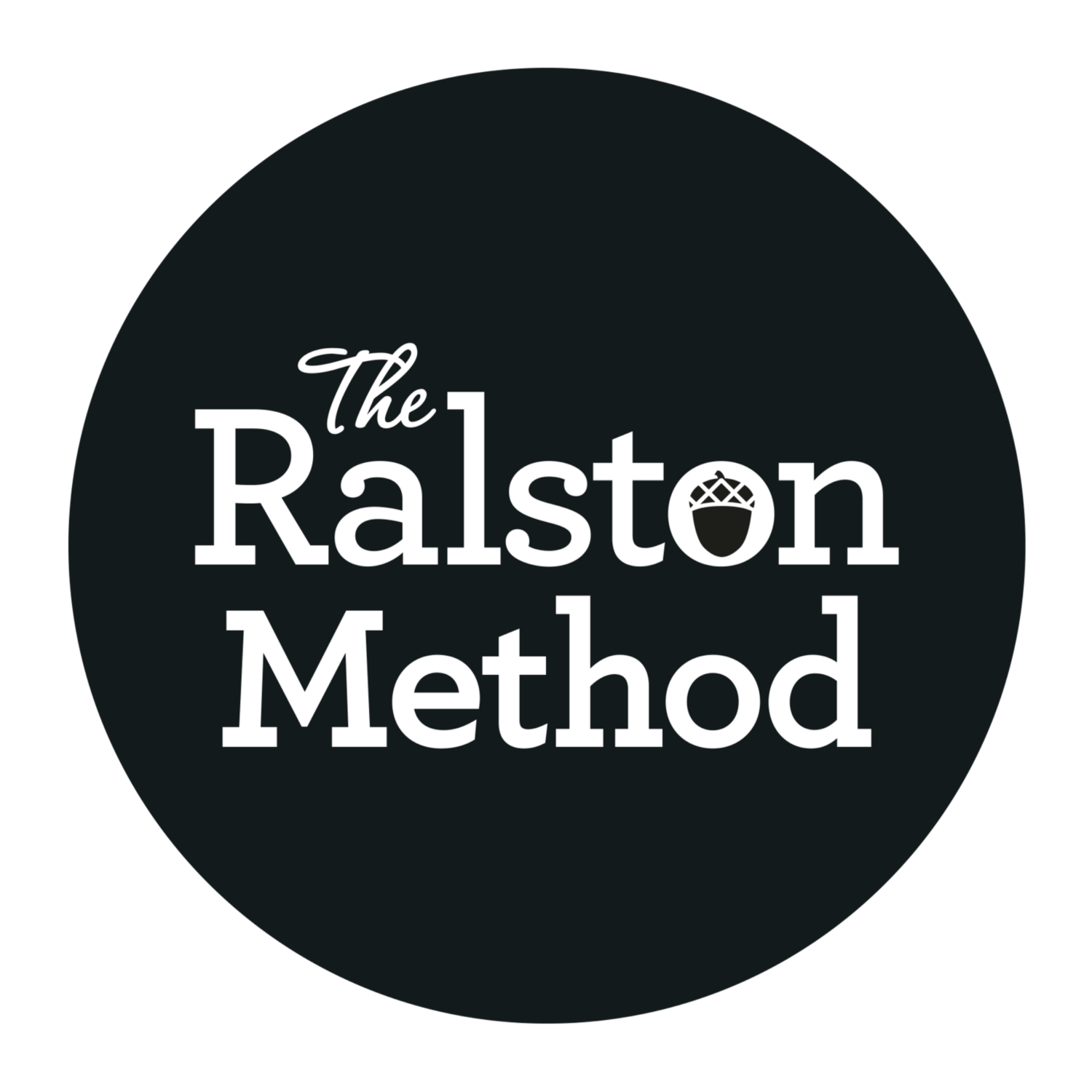Yoga Through the Ages: Supporting Women’s Hormonal Health
Yoga has been practiced for over 5,000 years, originating in ancient India as a holistic system to unite body, mind, and spirit. While historically it was a spiritual and philosophical practice, modern science has revealed its profound benefits for physical and hormonal health—particularly for women navigating midlife and menopause.
Traditional Yoga and Women’s Well-being
In classical texts like the Hatha Yoga Pradipika, yoga was prescribed to balance energy, support the body’s natural rhythms, and enhance longevity. Certain asanas (postures) and pranayama (breathing techniques) were understood to stimulate circulation, calm the mind, and support overall vitality. Traditionally, yoga wasn’t about strength or aesthetics—it was about creating harmony in the body, including the endocrine system, which governs hormonal balance.
Yoga and Hormonal Health in Modern Science
Menopause and perimenopause bring significant hormonal changes, including declines in estrogen and progesterone, which can affect metabolism, mood, sleep, and bone health. Contemporary research demonstrates that yoga supports women through these changes by:
Regulating cortisol and stress hormones: Yoga reduces cortisol levels, lowering anxiety, improving sleep, and helping stabilize fluctuating mood during hormonal transitions (Cramer et al., 2016).
Supporting reproductive hormones: Mindful movement and breathwork may positively influence luteinizing hormone and follicle-stimulating hormone activity, helping ease perimenopausal symptoms like hot flashes and fatigue (Innes et al., 2007).
Protecting bone and muscle health: Weight-bearing postures and mindful engagement of muscles during yoga maintain strength, bone density, and functional mobility, counteracting age-related loss accelerated by estrogen decline (Gothe et al., 2013).
Enhancing metabolic and cardiovascular health: Yoga practice improves insulin sensitivity and reduces blood pressure, supporting overall hormonal and metabolic balance.
Why Mindfulness Matters
Traditional yoga emphasizes awareness of breath, posture, and energy. Modern research confirms that this mindfulness component enhances hormonal regulation by:
Reducing sympathetic nervous system overactivation, which is linked to stress-induced hormonal disruption.
Improving emotional resilience, which in turn supports healthier endocrine function.
Encouraging self-care practices that positively influence circadian rhythms, crucial for balanced hormone production.
Conclusion
Yoga was always designed to nurture balance, longevity, and vitality. For women in midlife, this ancient practice now carries modern relevance: it helps regulate hormones, manage stress, protect bones and muscles, and support mental clarity. By combining the wisdom of traditional yoga with contemporary understanding of women’s health, we can embrace yoga not just as a practice for flexibility or strength, but as a holistic tool for hormonal wellness and long-term vitality.
